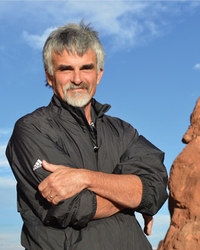Through a series of loosely connected essays, Merullo (Revere Beach Boulevard) leads readers from his boyhood to the present day in a memoir of the spirit. It is also a memoir of discovery: on scholarship at the elite Exeter Academy, Merullo encounters the class structures that exist beyond his beloved Revere Beach (a working-class suburb of Boston) and realizes his affinity for the Russian language. In the Russia of the late 1970s, he begins his search to find "truth... in the deep murky reaches of the interior world rather than in titles, philosophies and categories." This pursuit leads him to the practice and ideals of Buddhism (though he acknowledges his deep Italian-Catholic roots). Turning his back on the bourgeois life his father so valued, Merullo trades comfort and security for adventure: in the Peace Corps, in an unheated house in Vermont, during some months as a cab driver. So maybe these aren't particularly adventurous adventures, but Merullo still writes about them and about the people and places of his life with careful reflection and painstaking kindness. It is difficult to be good, Merullo implies, so why not settle for blanket optimism? What Merullo appears to be looking for, after his years in Russia and Micronesia and living hand to mouth, is some kind of empathy within himself for the less fortunate. Before his journeys, Merullo admits, the "lights would always be green for me," it's now time, he says, to scrape "one layer of comfort from my life." (Jan.)


